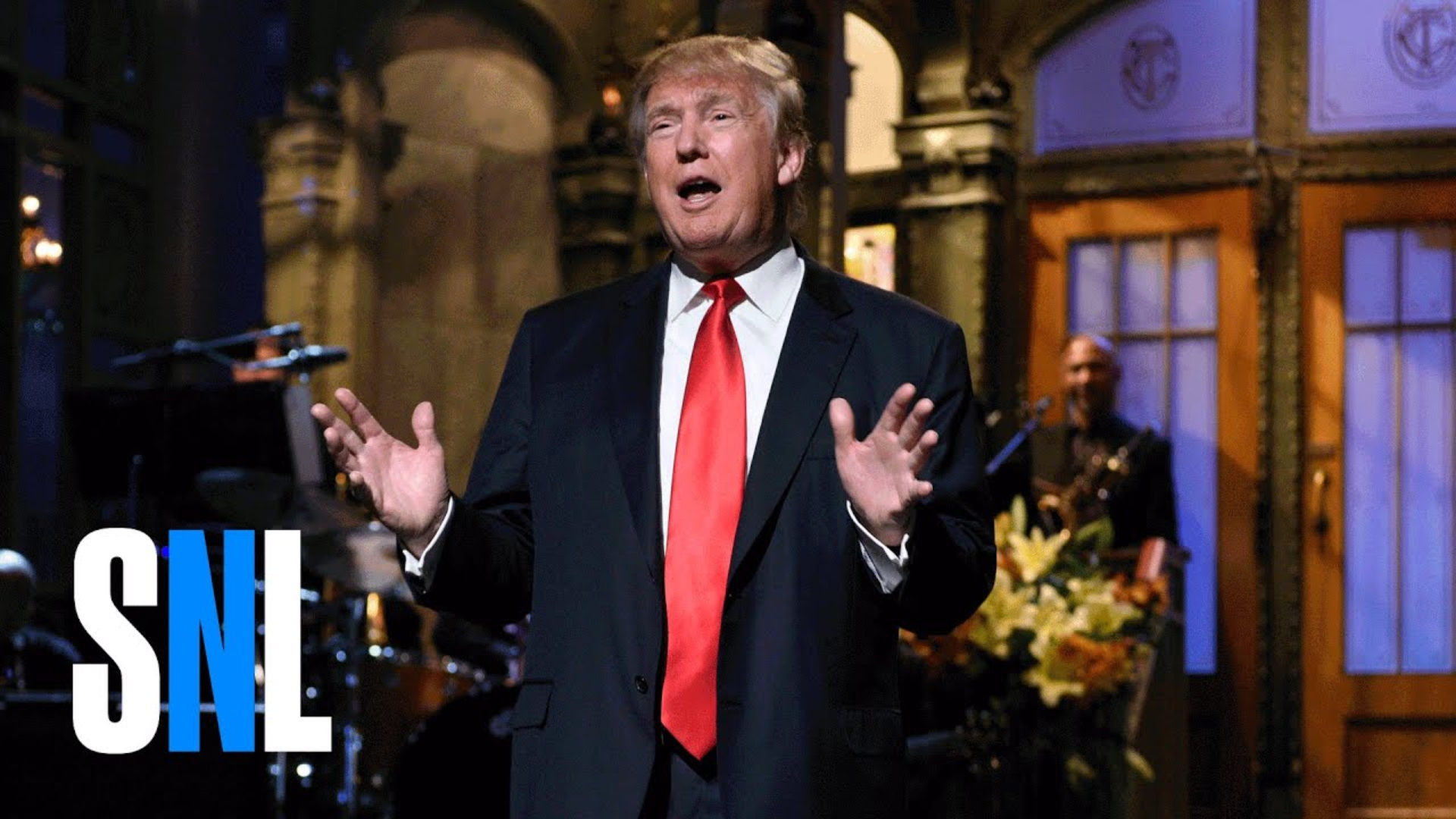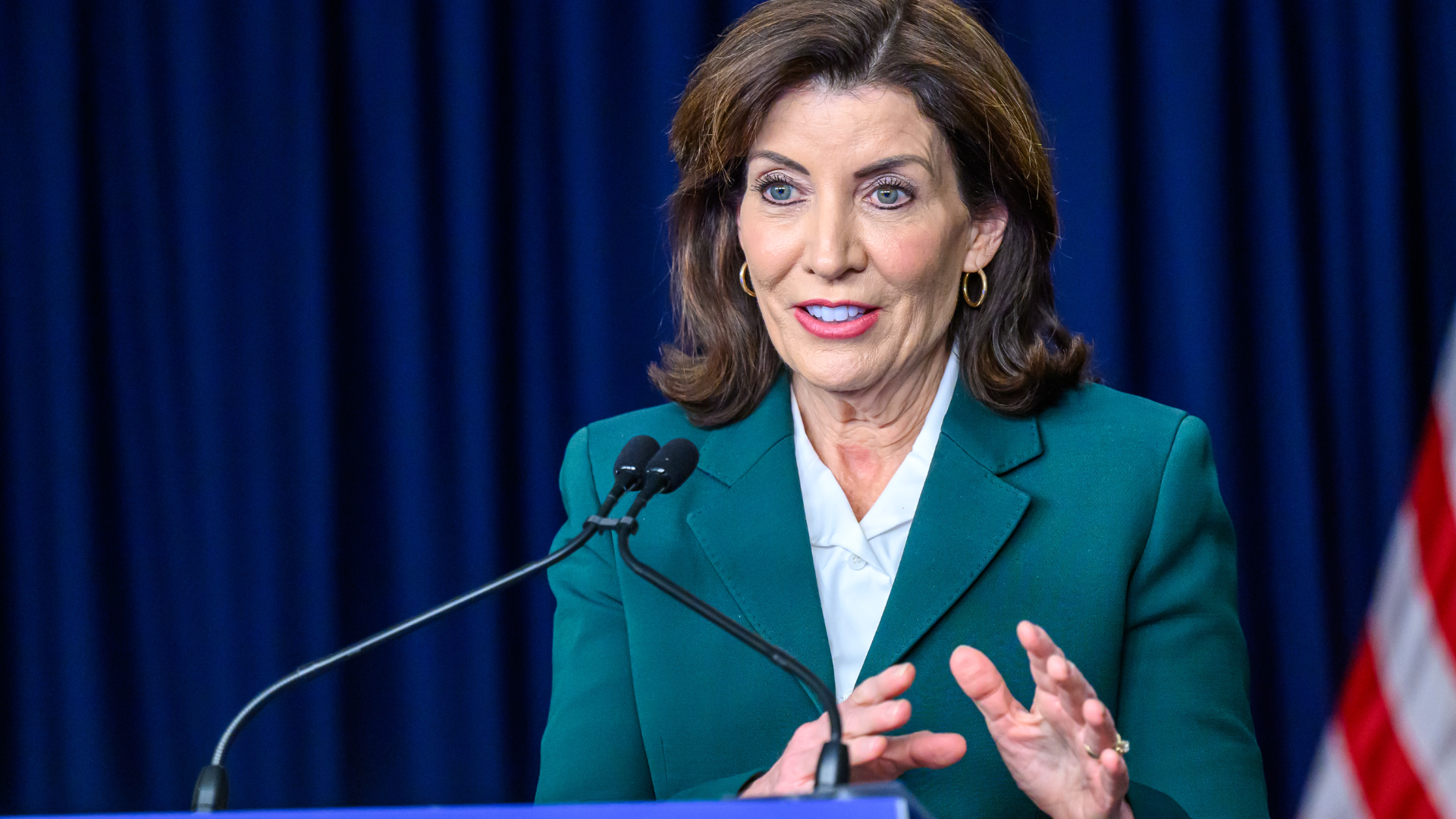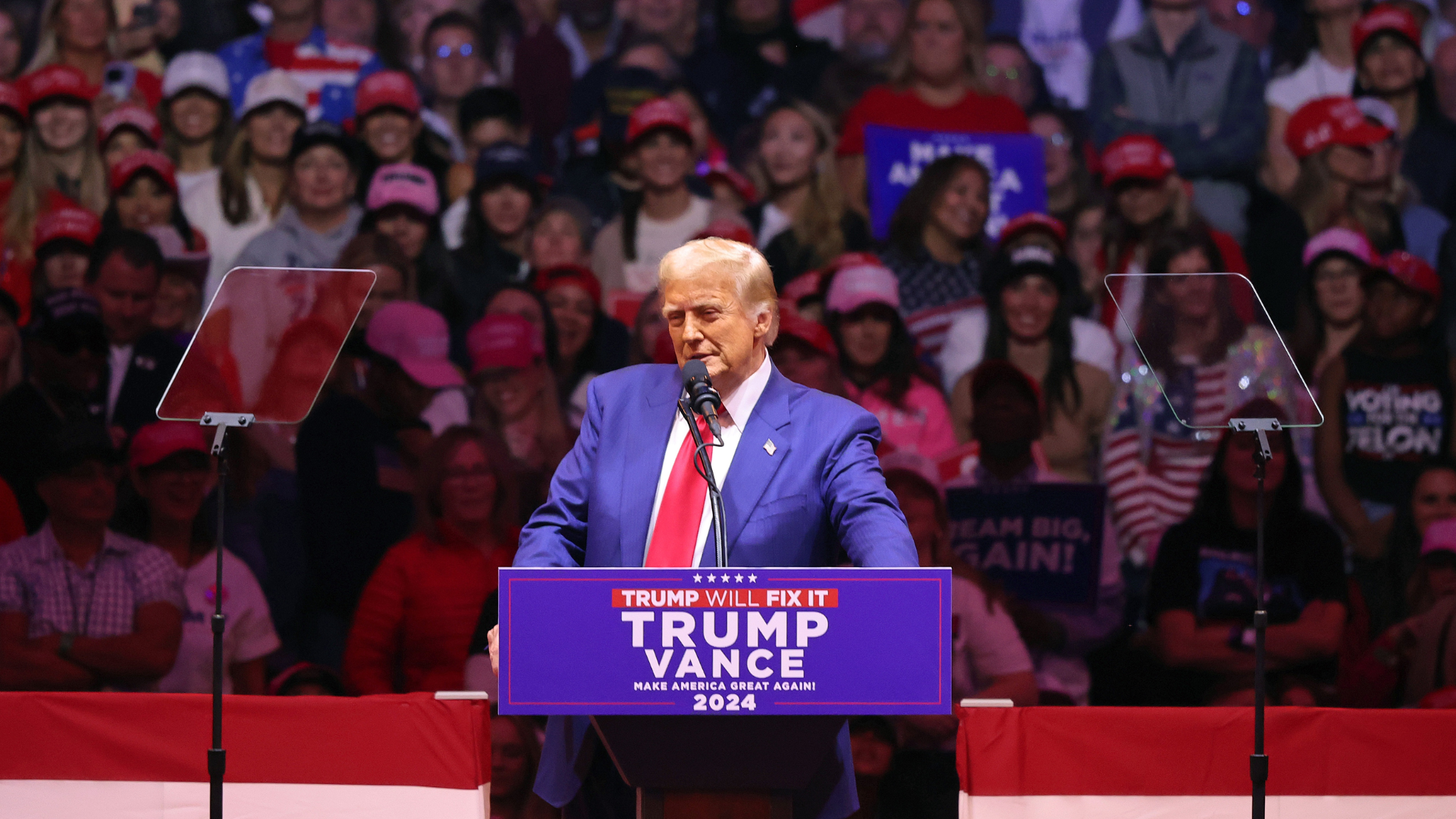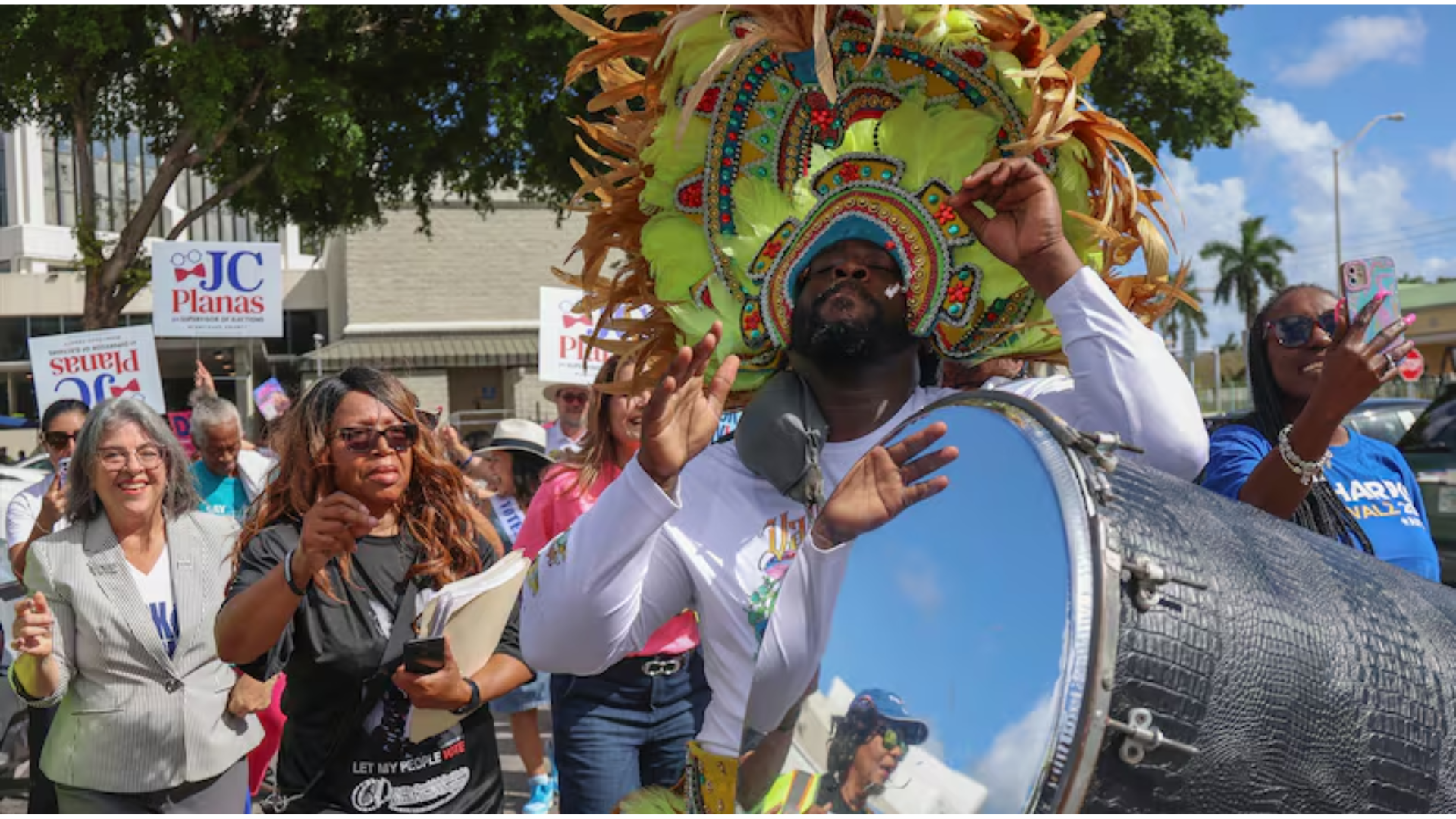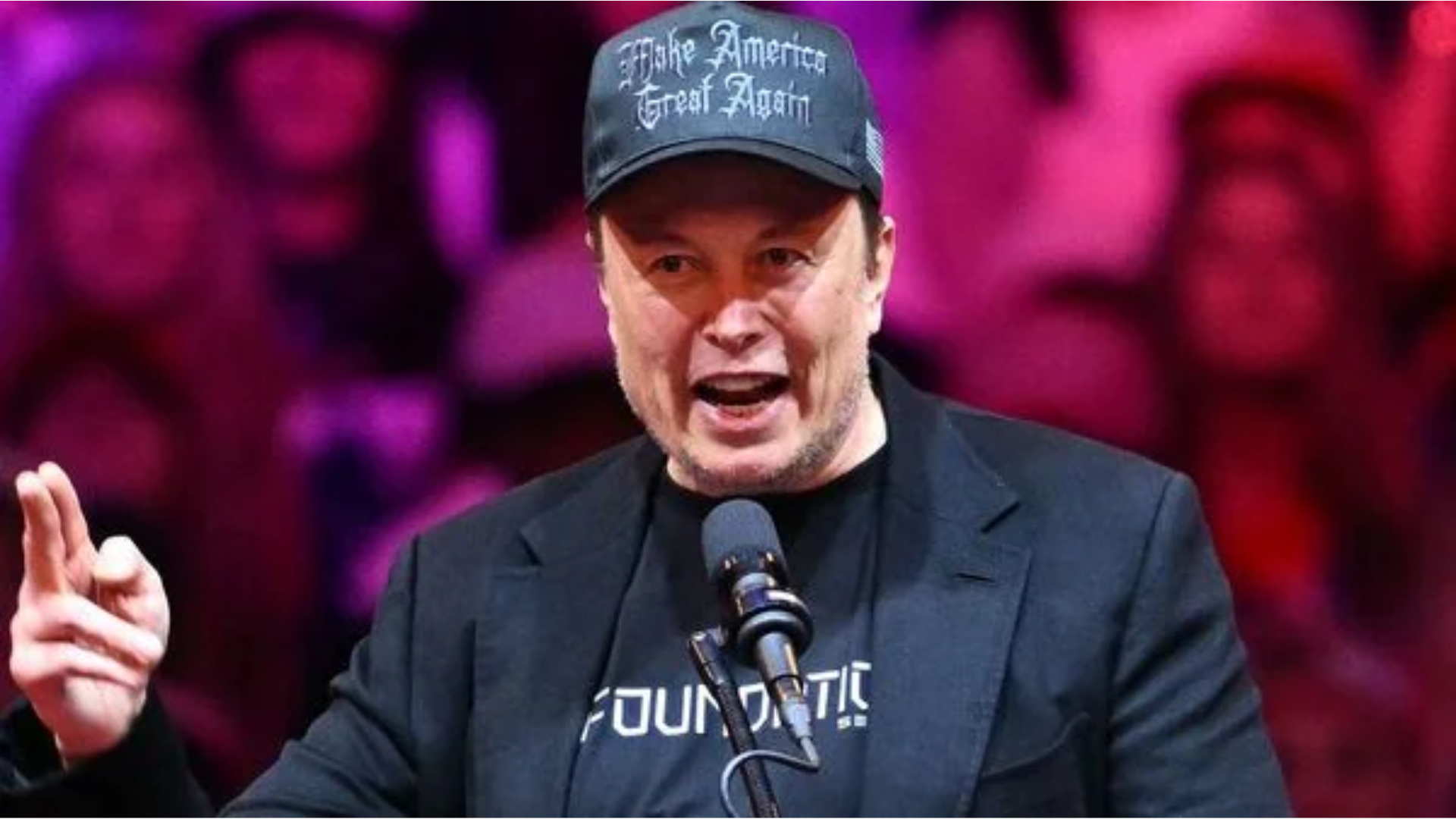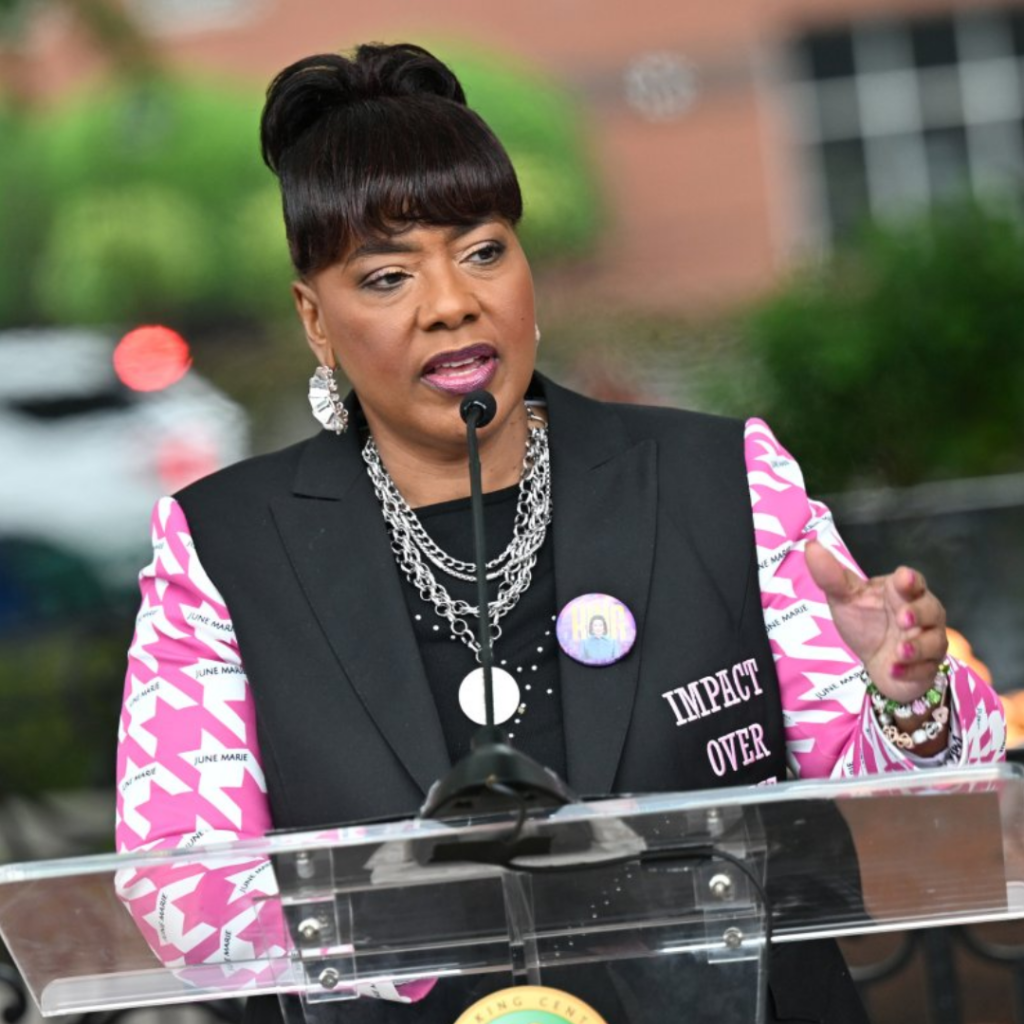
Bernice King, daughter of civil rights leader Rev. Martin Luther King Jr., has called for the removal of a controversial AI-generated video that uses her father’s image and voice to praise former President Donald Trump.
The deepfake ad, posted by the pro-Trump account @MAGAResource on the social platform X, features a simulated version of Martin Luther King Jr. speaking favorably about Trump, claiming that he “did more for the Black community than any other president.”
The video’s AI-generated voice says, “If a Black man dares speak out in support of Donald Trump, a Democrat is always there to call that man an Uncle Tom, a house negro, or even worse.”
The ad accuses Democrats of neglecting Black Americans and taking their support for granted over decades. It argues that Trump has been a better ally to the Black community than Democratic leaders.
Outraged by the ad, Bernice King condemned it as “vile, fake, irresponsible, and not at all reflective of what my father would say.” She demanded that the account remove the video, saying the message distorts her father’s legacy and disregards her family.
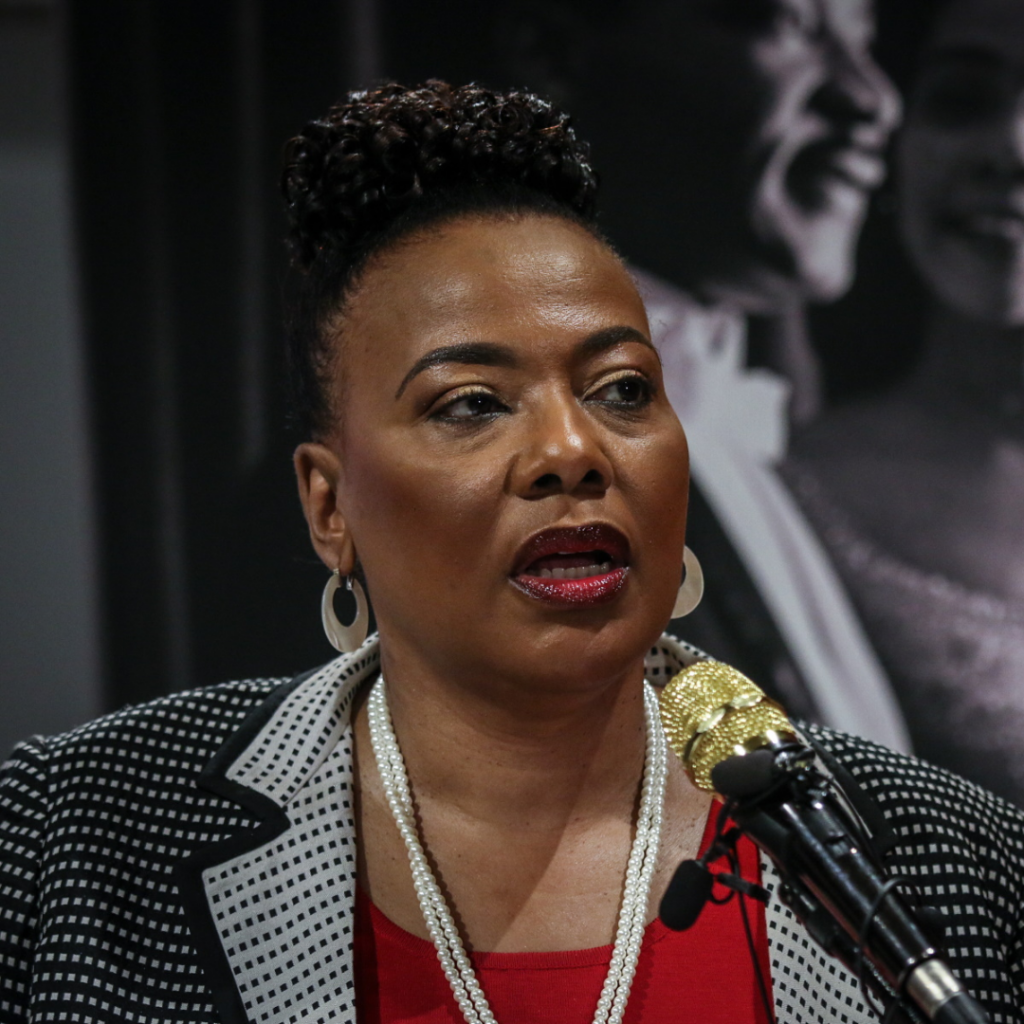
“You gave no thought to our family,” she wrote, underscoring that the ad’s message is fundamentally opposed to her father’s beliefs and values.
This is not the first time the King family has been vocal during the 2024 election. Some members have publicly endorsed President Joe Biden and Vice President Kamala Harris, and they have frequently criticized Trump’s attempts to align himself with Martin Luther King Jr.’s legacy.
Trump has repeatedly invoked King’s name in an effort to appeal to Black voters, a strategy that has been met with resistance from King’s family and civil rights advocates.
The deepfake ad has raised concerns over the growing use of artificial intelligence in political campaigns. Deepfakes, which use AI to create realistic but fabricated video and audio, have become increasingly sophisticated, making it difficult for viewers to distinguish between real and fake content.
Both parties have expressed worries about the potential influence of deepfakes on voters, as these fabricated videos can spread misinformation and manipulate public opinion.
Trump has previously made controversial claims about his support from Black Americans, even suggesting that his 2020 inauguration attracted as large a crowd as the historic 1963 March on Washington, where Martin Luther King Jr. delivered his “I Have a Dream” speech.
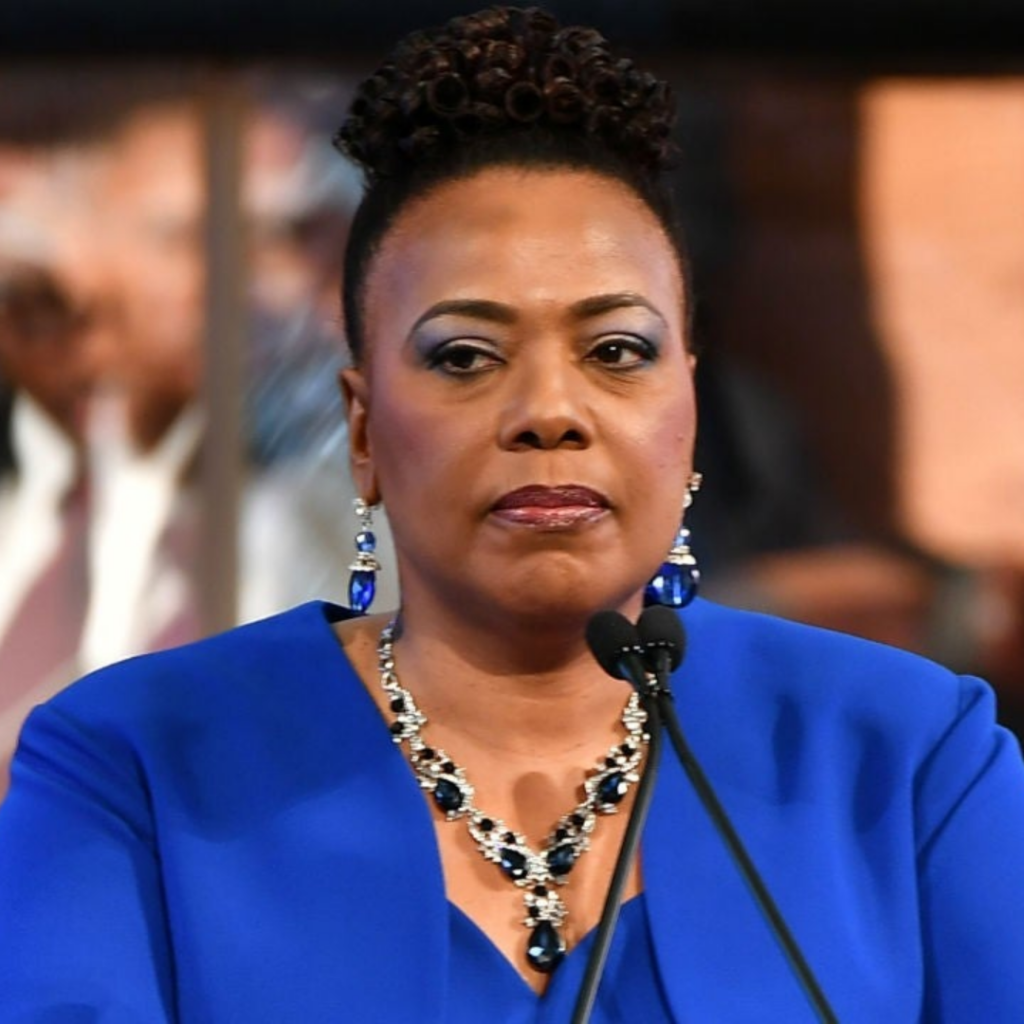
This statement, along with other attempts to connect his campaign to King’s legacy, has been widely criticized by the King family and others who argue that it misrepresents King’s vision.
In another recent incident, Trump compared North Carolina’s GOP gubernatorial candidate, Lt. Gov. Mark Robinson, to King. Robinson, who has faced backlash for describing himself as a “black Nazi” and other scandals, is a divisive figure whom Trump has openly supported, adding to the criticisms from the King family.
Bernice King’s call to remove the deepfake ad highlights ethical concerns around the use of AI in political messaging. With the potential for AI-generated content to mislead and misinform voters, many argue that stricter guidelines are needed to prevent the misuse of deepfakes in politics.
For now, the incident underscores the challenges and risks AI technology poses as the 2024 election intensifies, especially when it involves the legacy of influential historical figures like Martin Luther King Jr.



